For many, a swimming pool represents a backyard oasis, a place for relaxation and recreation. But maximizing pool enjoyment often hinges on extending its usable season. A pool heater allows you to enjoy a comfortable swim regardless of the outside temperature, turning your pool into a year-round haven. However, with various pool heater types and factors to consider, selecting the right one can feel overwhelming. This comprehensive guide will equip you with the knowledge to make an informed decision and select the perfect pool heater for your needs.
Reasons Why You May Need a Pool Heater
Beyond the allure of a refreshing dip on a scorching summer day, a pool heater unlocks a world of possibilities for maximizing your pool's enjoyment. Here's why a pool heater might be the perfect fit for you:
Extend Your Swim Season: Don't let cooler temperatures dictate when you can enjoy your pool. A heater allows you to swim comfortably well into the shoulder seasons and even during mild winters, turning your pool into a year-round haven.
Beat the Chill: For those who find a chilly pool uninviting, a heater ensures a warm and inviting swim anytime. No more waiting for the sun to heat the water – simply adjust the thermostat and dive right in!
Early Bird or Night Owl Swims: If you prefer swimming during the cooler mornings or evenings, a heater guarantees a comfortable experience regardless of the time of day.
Spontaneous Splashes: With a pool heater, the urge to take a refreshing dip becomes an impulsive action, not a weather-dependent decision. No more waiting for the pool to warm up – jump in whenever the mood strikes!
Sun-Shaded Pools: Limited sun exposure shouldn't limit your pool enjoyment. A heater effectively counteracts the lack of sunshine, ensuring a warm and inviting swim even in shady areas.
Boost Your Property Value: A pool heater is a valuable addition that can increase your property's market value, making it more attractive to potential buyers, especially in regions with cooler climates.
Different Types of Pool Heaters
Pool heaters are essential for enjoying your swimming pool year-round. However, choosing the right one can be tricky. This guide simplifies the process by comparing various pool heaters, their benefits, drawbacks, and key considerations. Let’s find the perfect pool heater for you!
Gas Pool Heaters
Gas pool heaters are popular for their speed and efficiency, using natural gas or propane to heat your pool quickly. They are ideal for occasional pool users who want rapid heating. However, they can be expensive to run and are not the most eco-friendly option. With regular maintenance, gas heaters typically last between 5 and 10 years.
Electric Resistance Heaters
Electric resistance heaters are suitable for smaller pools and use electricity to generate heat. They are environmentally friendly but can result in high electricity bills. With proper care, these heaters can last between 8 and 15 years. They are a good choice if you have a smaller pool and prioritize environmental concerns.
Heat Pump Pool Heaters
Heat pump heaters are energy-efficient and perfect for regular pool users. They are cost-effective in the long run and perform well in climates typically above 50 degrees Fahrenheit. With regular maintenance, they have a lifespan of 10 to 20 years, making them a smart investment for long-term pool heating.
Solar Pool Heaters
Solar pool heaters are the most eco-friendly option, using the sun’s energy to heat your pool. Although they require a substantial initial investment, their operational costs are minimal. They are best suited for regions with abundant sunlight and have a lifespan of 15 to 20 years or more with minimal maintenance.
Key Considerations for Selecting a Pool Heater
Several crucial factors influence the ideal pool heater for your situation. Carefully evaluating these factors will ensure you choose a system that delivers optimal performance, efficiency, and cost-effectiveness.
Pool Size and Volume
The cornerstone of selecting a pool heater is understanding your pool's size and water volume. A heater’s British Thermal Unit (BTU) output signifies its heating capacity. A heater with insufficient BTU output for your pool size will struggle to maintain the desired temperature, resulting in extended heating times and higher energy costs. Conversely, an oversized heater, while providing rapid heating, can lead to unnecessary energy consumption and operational expenses. Consulting with a pool professional to determine the necessary BTU output based on your pool's dimensions and desired temperature increase is highly recommended.
Climate and Usage Patterns
Your geographic location and how you plan to utilize your pool significantly impact your heater choice. In regions with mild winters, a solar pool heater might be sufficient to extend your swimming season. However, for colder climates or year-round pool use, gas or electric heaters offer more robust heating capabilities. Consider how often you intend to use your pool and the desired temperature range to determine the most suitable heating method.
Fuel Source and Availability
Pool heaters can be powered by natural gas, propane, electricity, or solar energy. Natural gas heaters are often the most cost-effective option in regions with readily available gas lines. Propane offers an alternative for locations lacking natural gas access, but typically comes with a higher operational cost. Electric heaters provide clean operation but can be less energy-efficient compared to gas-powered models. Solar heaters present an environmentally friendly approach, leveraging the sun's energy to heat your pool water. However, their effectiveness depends heavily on sufficient sunlight and might not be suitable for all climates or desired year-round pool usage.
Energy Efficiency
Operating costs associated with pool heaters can be substantial. Look for models with high Energy Factor (EF) ratings, signifying energy efficiency. Heat pump technology offers the most energy-efficient pool heating solution, extracting heat from the surrounding air to warm your pool. While gas heaters provide efficient heating, they generally have lower EF ratings compared to heat pumps. Electric heaters tend to be the least energy-efficient option.
Installation and Maintenance
The complexity and cost of installing a pool heater vary depending on the chosen type and existing infrastructure. Gas heaters generally require professional installation due to safety considerations, while electric or solar heaters might offer a simpler DIY approach. Consider the upfront installation cost and ongoing maintenance requirements when making your selection.
Budget
Pool heater prices encompass a wide range, influenced by factors like size, fuel source, and efficiency. Establish a realistic budget to narrow down your options while considering both the initial purchase price and long-term operational costs.
Additional Considerations for a Perfect Pool Heating Experience
While the core selection factors and heater types provide a solid foundation, additional considerations can enhance your pool heating experience.
Pool Covers: Utilizing a pool cover significantly reduces heat loss during nighttime or cooler periods. This translates to improved heater efficiency and lower operating costs, regardless of the chosen heater type.
Automatic Controls: Equipping your pool heater with an automatic control system allows for effortless temperature regulation. Programmable thermostats enable you to set desired temperatures and ensure your pool remains comfortable without manual adjustments.
Safety Features: Look for pool heaters equipped with essential safety features like flow switches that prevent overheating in case of water circulation issues. High-limit thermostats automatically shut down the heater upon reaching excessively high temperatures.
Professional Installation and Maintenance: For gas or complex electric heaters, consider hiring a qualified pool professional for installation to ensure proper operation and adherence to safety codes. Regular professional maintenance helps maintain optimal heater performance and lifespan.
Selecting the Right Pool Heater- Final Verdict
Investing in a pool heater extends your swimming season and allows you to enjoy the refreshing comfort of your pool for longer. By carefully evaluating your needs, pool size, climate, and budget, you can select the ideal pool heater that delivers optimal performance, efficiency, and cost-effectiveness. Remember, consulting with a pool professional can provide invaluable guidance in navigating the selection process and ensuring a perfect fit for your specific requirements. With the right pool heater in place, your backyard oasis can truly become a year-round source of relaxation and enjoyment.

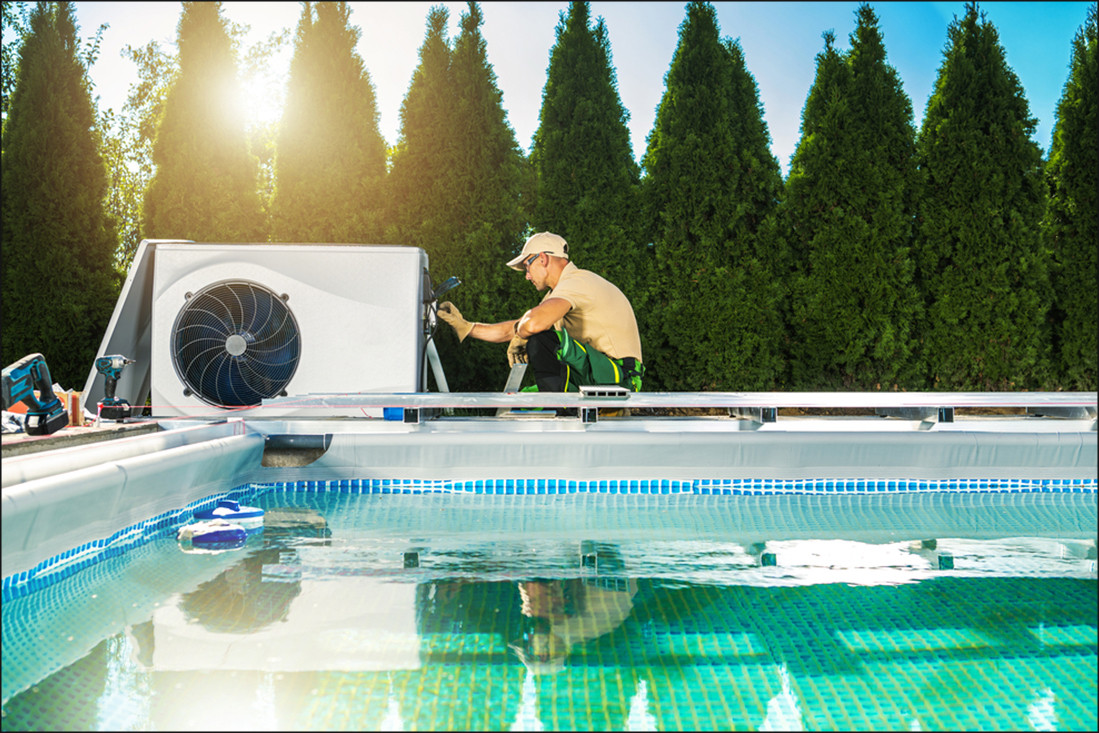


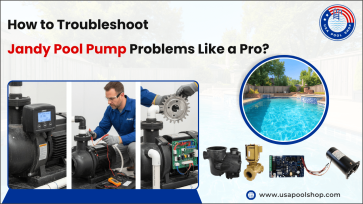
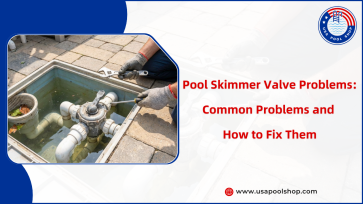

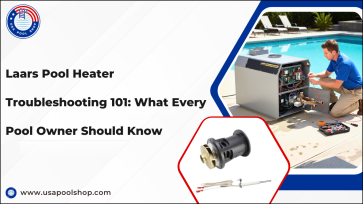
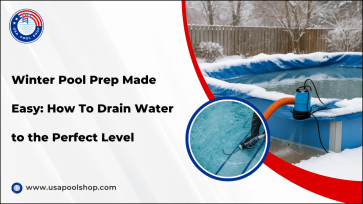
Validate your login